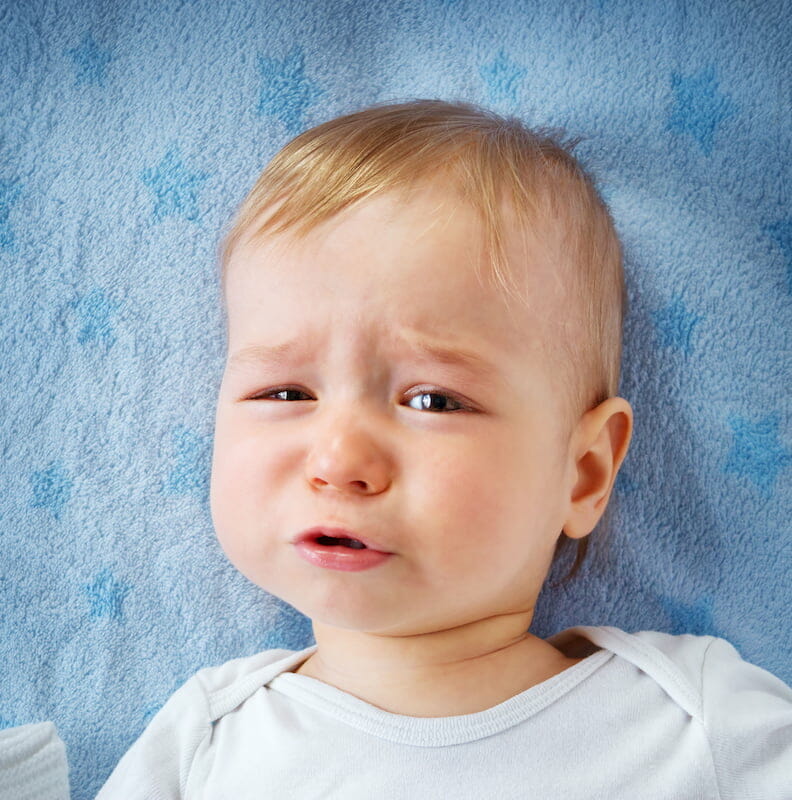Allergic rhinitis in children: a guide by Childhealthy
Many children suffer from allergic rhinitis, commonly known as hay fever, which can affect their sleep, concentration, and overall quality of life. Here’s how to recognise and manage this condition.
Understanding allergic rhinitis
Allergic rhinitis is an allergic reaction to airborne substances, such as pollen, resulting in symptoms like sneezing, runny or blocked nose, itchy eyes, and coughing. It can be seasonal or year-round, depending on the allergen.
Managing symptoms
Management involves avoiding known allergens, using antihistamines, nasal sprays, and, in some cases, allergy immunotherapy. Understanding your child’s allergy triggers is essential for effective management.

Impact on daily life
Allergic rhinitis can significantly impact a child’s daily activities and sleep. Adequate management can improve your child’s quality of life, especially during peak allergy seasons.
Allergic rhinitis management: top 5 tips
- Avoid allergens: identify your child’s allergy triggers and minimise exposure, especially during high pollen seasons.
- Use medications as prescribed: antihistamines and nasal sprays can be effective in managing symptoms when used correctly.
- Maintain indoor air quality: use air purifiers and keep windows closed during high pollen days to reduce indoor allergens.
- Encourage sunglasses outdoors: sunglasses can help protect your child’s eyes from pollen when playing outside.
- Consult an allergist: consider seeing an allergist for personalised advice and possible allergy testing or immunotherapy.
Recognising and managing allergic rhinitis is crucial for your child’s well-being. Consult with a healthcare professional for personalised advice and treatment options.
Click here to read our other articles on Allergies: https://childhealthypages.com/?s=allergy
Sources:
- NHS website: information on allergic rhinitis and its management.
- Allergy UK: guidance on managing hay fever in children.
Disclaimer: Information contained in this article is intended as general advice and does not replace a medical assessment. If you are concerned about your child, please contact your doctor for advice.
[DISPLAY_ULTIMATE_SOCIAL_ICONS]
Related articles
COVID Vaccine Trials For Children
Read more  January 28, 2021
January 28, 2021
Tips To Help Children’s Mental Health In Lockdown
Read more  December 18, 2020
December 18, 2020
COVID-19 Vaccinations And Children
Book your appointment
Clinic, remote appointments and home visits are available daily.
We can always find a time to suit you, so please do ask if you are having difficulty finding a suitable time.
